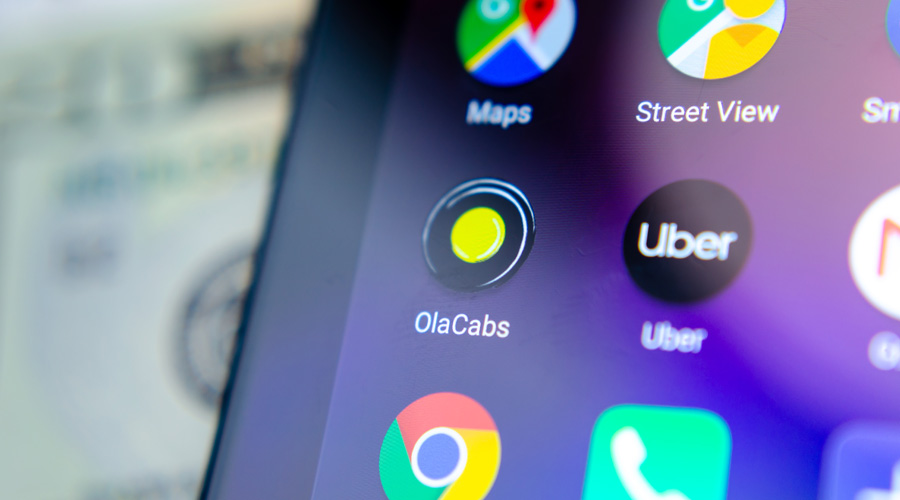App-cab aggregator Uber has decided to increase its fares by 15 per cent because of the rising fuel prices.
The state government on Wednesday said the company had not informed the transport department about the revision.
The company, which recently took the decision, did not make an official statement but its “drivers” said messages they got said the aggregator had put in place a new pricing system.
Several users said the new pricing model would pinch them, more so during this period when options for mass transportation were limited.
In the new model, Uber has increased the per kilometre rate from the existing Rs 10 to Rs 14.7 and the base fare from the existing Rs 47.25 to Rs 48. The charge per minute has been reduced from Rs 1.58 to Re 1. The minimum fare has been kept unchanged at Rs 85.
What does this translate into? For a 10-km ride spanning 30 minutes, the new fare would be Rs 225 against the old one of Rs 194.85 — a 15.6 per cent jump.
The aggregator has told its driver partners that in the new pricing system, 25 per cent of the total fare would go to the company’s account and the remaining to the partners. This would help the driver-partners as well as the car-owners absorb a part of the losses because of hike in fuel prices.
On Wednesday, the price of diesel and petrol per litre stood at Rs 92.03 and Rs 98.64 respectively. On January 1, the price of diesel per litre stood at Rs 77.44 while that of petrol, at Rs 85.19.
On Wednesday, the state government said the company had not informed the transport department about its new fare structure.
“We are the licensing authority and according to the terms and conditions, it is upon the aggregator to inform the state government ahead of any fare revision,” said transport minister Firhad Hakim. “We have already sent them a letter.”
Several drivers on the Ola platform also said the company had decided to increase its prices.
Neither Ola nor Uber responded to queries.
“This new system won't be of any help to the driver-partners or car owners. Instead, if the aggregators had decided to cut down on their commission from every trip, it would have helped both passengers and driver-partners,” said Indranil Banerjee, the secretary of the West Bengal Online Cab Operators’ Guild.










